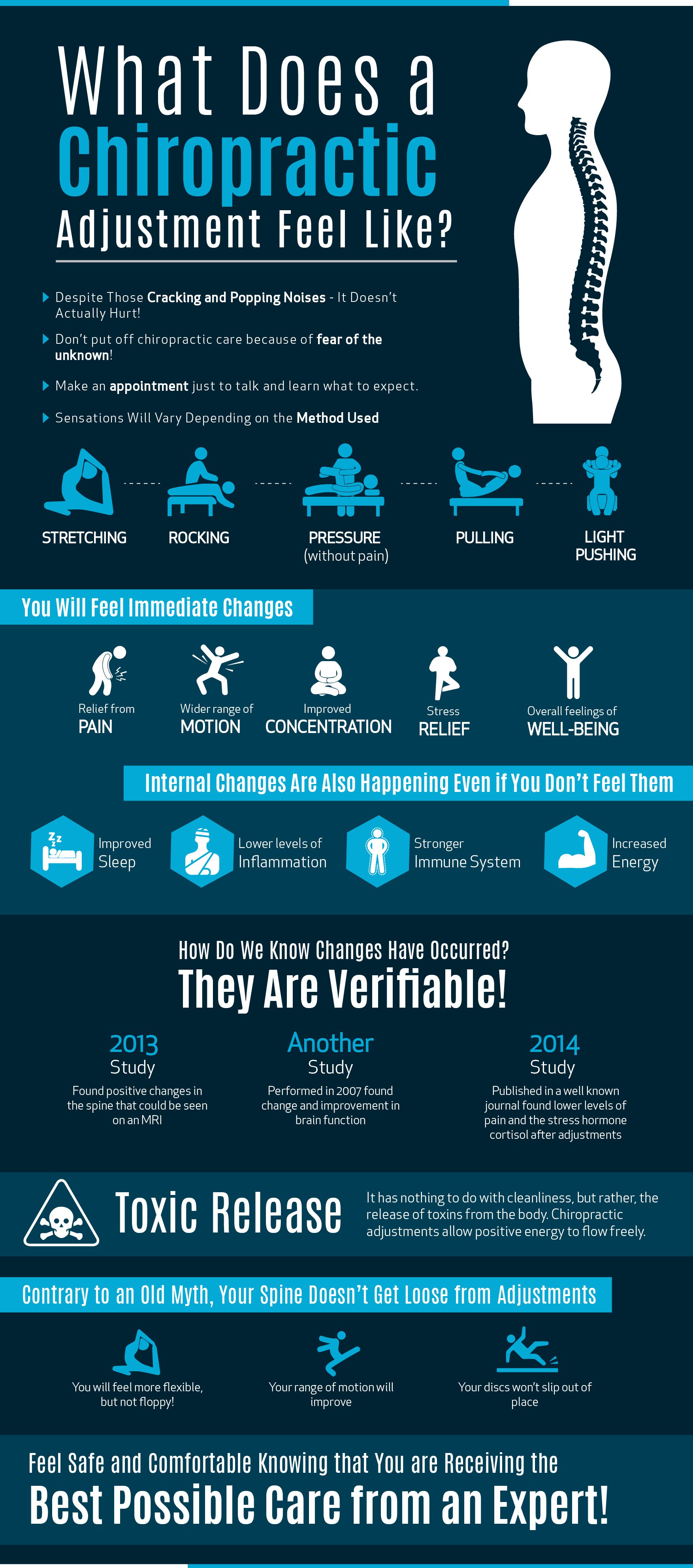Signs You Might Need Soft Tissue Therapy For Pain Relief
Signs You Might Need Soft Tissue Therapy For Pain Relief
Blog Article
Content Produce By-Spencer McAllister
If you have actually been handling consistent muscle mass stress or rigidity, you may be questioning if there's a far better remedy than simply over-the-counter discomfort alleviation. Limited series of movement and ongoing discomfort after an injury can seriously affect your daily life. These indications often indicate that your body requires extra targeted care. So, just how do you recognize when it's time to consider soft Tissue treatment? Allow's explore some crucial indicators that could surprise you.
Persistent Muscular Tissue Stress and Tightness
If you typically find yourself really feeling tight and tight after a lengthy day, you could be managing persistent muscle tension. This pain can creep in from day-to-day tasks, bad pose, or even stress and anxiety.
You may notice that certain locations, like your neck or shoulders, feel especially tight, making it tough to unwind. Disregarding this tension can cause even more considerable concerns, influencing your general health.
https://samedaychiropractornearme62839.anchor-blog.com/13369426/keep-your-body-in-peak-problem-with-efficient-sporting-activities-massage-strategies-that-can-avoid-injuries-find-exactly-how-to-raise-your-performance-today may find it challenging to loosen up or really feel tired despite getting adequate sleep. Incorporating normal stretches or mild movement can aid ease some of this stiffness, however it mightn't be enough.
If the tension continues, looking for soft Tissue therapy can give the relief you require, aiding to restore equilibrium and convenience in your body.
Limited Series Of Activity
A minimal variety of movement can substantially impact your daily tasks and overall lifestyle. https://activator-chiropractor-ne05050.kylieblog.com/33602858/prepare-to-test-your-beliefs-as-we-disprove-5-typical-misconceptions-regarding-soft-tissue-therapy-that-could-transform-your-viewpoint-entirely may locate easy jobs, like grabbing a product on a shelf or bending down to link your shoes, coming to be increasingly difficult.
This limitation frequently stems from tight muscular tissues, joint problems, or previous injuries, making activity unpleasant or even uncomfortable. When you can't relocate easily, it impacts your capability to workout, play sports, or engage in hobbies you delight in.
Soft Tissue therapy can aid reduce these concerns by targeting the underlying muscle mass stress and boosting versatility. If you notice rigidity, pain, or an inability to totally expand or bend your joints, it's worth taking into consideration therapy to restore your wheelchair and improve your general well-being.
Persistent Discomfort After Injury
Experiencing consistent pain after an injury can be discouraging and devastating. You might've assumed the pain would certainly discolor with time, but when it remains, it could indicate a deeper issue.
This recurring discomfort might impede your everyday tasks and impact your quality of life. You might notice tightness, swelling, or level of sensitivity in the damaged location, which can restrict your ability to move freely.
If you have actually attempted rest, ice, or non-prescription medications without success, it's important to think about soft Tissue therapy. This method targets the muscles, tendons, and ligaments bordering the injury, advertising recovery and pain alleviation.
Do not allow consistent pain control your life-- seek expert help to come back on the right track and reclaim your movement.
Final thought
If you're experiencing chronic muscle stress, restricted series of movement, or consistent discomfort after an injury, it's time to think about soft Tissue therapy. Overlooking these indications can bring about further pain and hinder your day-to-day tasks. Instead of depending solely on non-prescription medications, seeking professional help can properly address your symptoms and promote healing. Do not await your pain to get worse-- do something about it currently and boost your quality of life with the right treatment.
